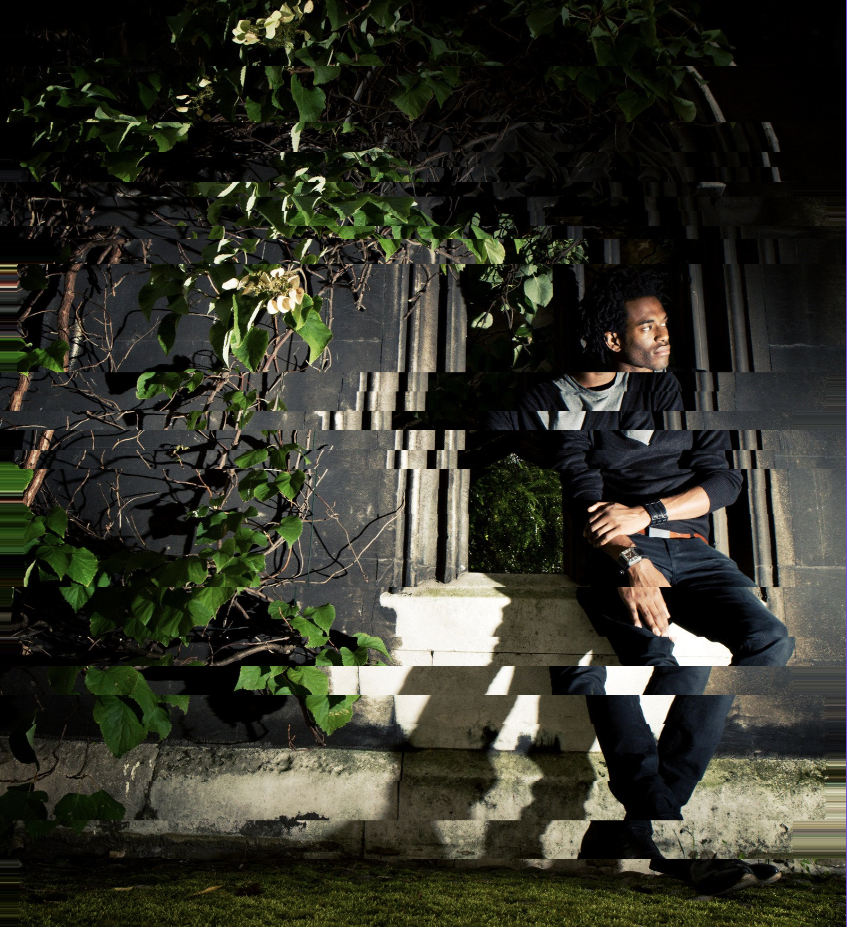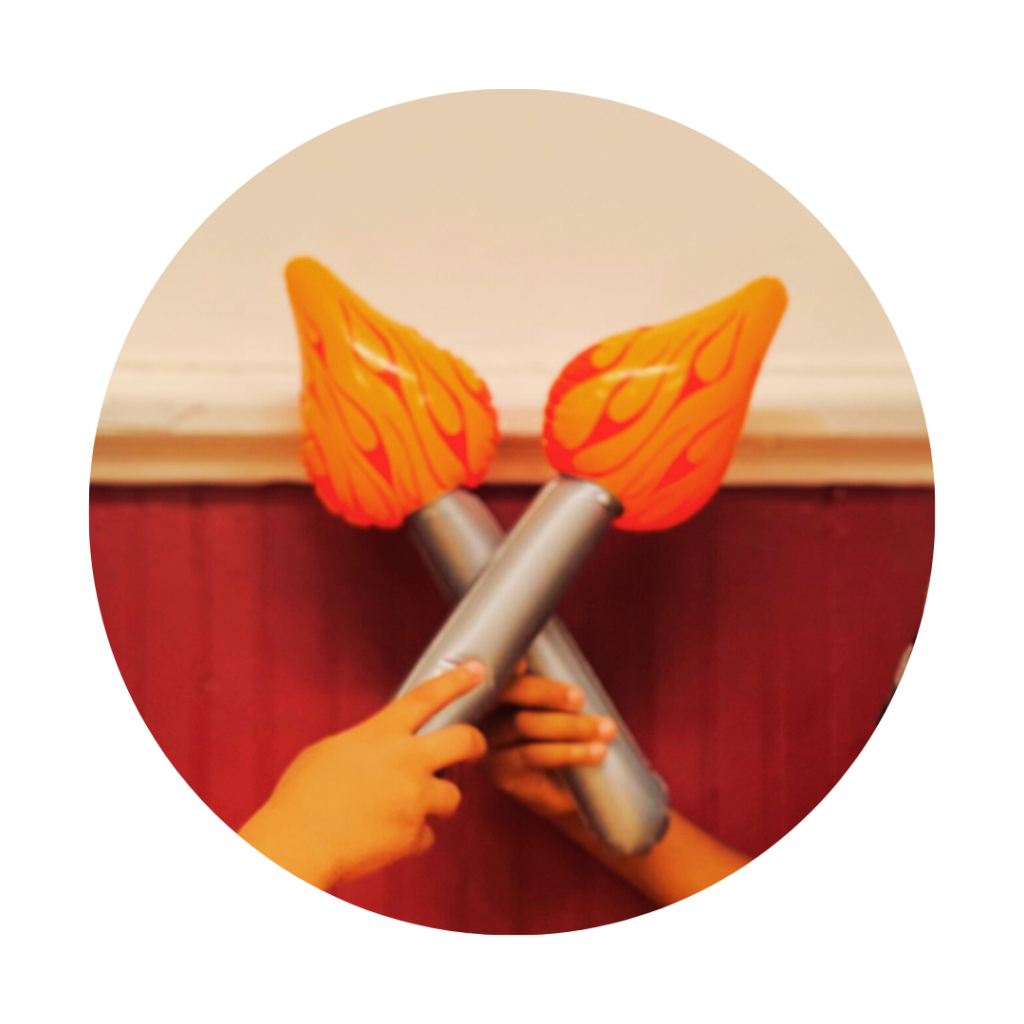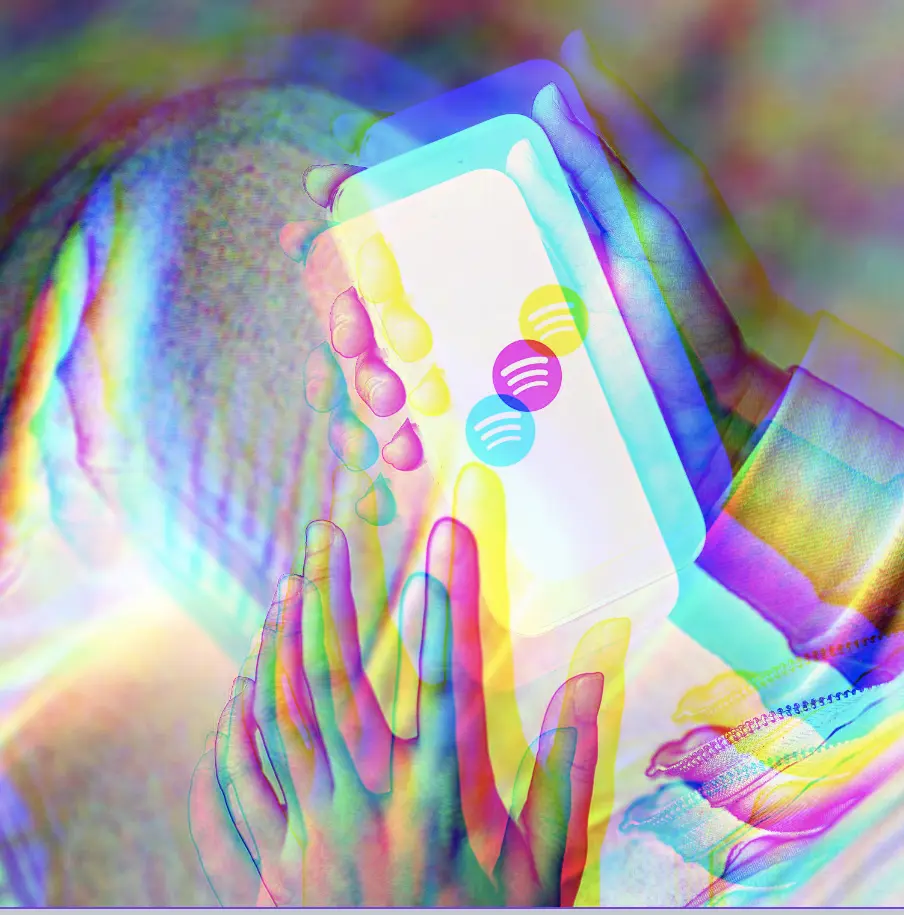Some Sunday Stuff: August 4, 2024

Happy Sunday, ya’ll. It’s been so hot and humid that I’ve been having flares- headaches, pain in my eyes, neck, shoulders, back, etc.- and although I’m enjoying having some time off from homeschooling, I miss autumn. Cool breezes, chilly evenings, jackets, low humidity, not having my face turn into an oil slick or my hair instantaneously become an unstylable, misshapen afro- it all seems so nice right now.
Ehh, soon enough. For now, I hope you’re someplace with plenty of AC while enjoying this post. First up, “Can Religion Make You Happier?” From the Good on Paper podcast/The Atlantic, a conversation with host Jerusalem Demsas and writer Arthur Brooks, An excerpt:
Jerusalem Demsas: Religion’s influence is waning in America.
Today, roughly 28 percent of American adults identify as either atheists, agnostics, or “nothing in particular.” In 2007, just 15 percent of Americans identified with no religion. That’s all according to the Pew Research Center.
It’s taken as common sense that this is a problem. Just 16 percent of people in a September 2022 poll said that religion’s decline was good, while a plurality said the decline was a bad thing. These conversations have become bound up in larger concerns about the loneliness epidemic and the decline in Americans hanging out.
…
Now, to lay my cards on the table, I’m a Christian. But I’m also skeptical about the broad narratives around the loneliness crisis, about the broad brushstrokes used to paint people who don’t consider themselves religious, and the treatment of church as a panacea for all our social ills. After all, it’s not like life was perfect before the declines in religiosity.
So I’m interested in starting our conversation with an article that you wrote for The Atlantic. And I want you to answer because I think this is not usually the answer you would give to this question in a religious context, but who are the nones?
Brooks: The nones are not the women wearing habits. The nones are N–O–N–E–S, the people who are self-professed to have no religious faith at all. Whether or not they consider themselves to be spiritual or not—most of them actually aren’t spiritual either, but—they say, I have no religion.
Demsas: So I was reading your article, and I was looking at the data—so you’re looking at the Pew survey. And I wanted to dig into who these nones really are. Because when I first read your piece, I think that, like many people, my perception is people who identify as not religiously affiliated, I assume that they’re either atheists or agnostics.
But what was interesting is that most of these folks do believe in God or another higher power, but they rarely go to religious services, and they don’t identify with their religion. Is that surprising to you?
Brooks: Not really. Most people are religious. Most people have a sense of something beyond what they see. They have a very strong sense of the metaphysical. Most people believe in life after death.
What they don’t always believe in is the human institutions around which we coalesce to figure out what those metaphysical things are and how we’re supposed to worship. And so what people have is the same kind of sense of faith; what they don’t have faith in is the institutions where they could go and worship.
Demsas: (Laughs.) Yeah, the nones are on the rise. Of course. Of course. The next question I have for you is: Why are nones nones, right? Why is it that you’re seeing this increase in people who, when they’re asked what their religion is, they kind of just shrug?

Brooks: Well, there’s three things. Number one is that they don’t like traditional religious practice. They don’t like it. They don’t like the way it’s done, or they don’t trust churches or synagogues or houses of worship. And so it’s the commitment part, it’s the practice part that they don’t like.
The second group of people say that they’re nones because they actually just don’t believe what these traditional religious organizations say they have to believe: If you want to be one of us, you’ve got to believe these things. There’s a creed. Everybody’s got a creed. You can’t join a church and then not believe what the church thinks, if you’re going to have any sort of integrity, they figure.
So the first part is the practice. The second part is actually the belief. And the last part is they just don’t feel it. They don’t feel it: I don’t feel like going to church. I don’t feel like what they’re saying I have to believe. I don’t feel it.
So in other words, it’s practice, it’s belief, and it’s feeling.
…
Demsas: So to me, I could ask, why does it matter if people are becoming less religious? To me, the reason you put up with the fact that, you know, maybe my partner doesn’t put away the dishes the way I would like is because I have other things that are really valuable that I find in that relationship. But why do you need to be religious?
Brooks: Well, one of the things that you find is that people who do have a strong sense of religious practice in their life, they just tend to be happier. They tend to be happier people. They have a greater sense of organization in their life. They have a better sense of community. They have an underlying physics to their life, and they’re not trying to figure things out in the same way.
Read the rest here, or listen below:

From religions to cults:
Next, Kyle Chayka, writing at The New Yorker, on “Why I Finally Quit Spotify”:
I realize that it sounds curmudgeonly to complain about software updates. Don’t apps provide us with enough miraculous conveniences? Through Spotify, I can browse many decades of published music more or less instantly; I can freely sample the work of new musicians. Yet it has become aggravatingly difficult to find what I want to listen to. The uppermost menu now offers three options, each given equal real estate—Music, Podcasts, and Audiobooks—and the Music tab is filled with rows of playlists, autoplay “radio” stations, and algorithmically generated mixes. The only option for browsing full albums is a small item in the lesser Library column, to the right of yet more buttons for Playlists and Podcasts. With the upgrade, it became clearer than ever what the app has been pushing me to do: listen to what it suggests, not choose music on my own. In 2012, Spotify launched its slogan, “Music for everyone.” Now it may as well be “Be grateful for whatever music we give you.”
I’m hardly alone in my souring on Spotify. When I posted about my annoyance with the interface on X, I heard from dozens of other unhappy users. “It’s harder just to enjoy music,” Kyle Austin, a marketing executive in Boston who responded to the post, told me. He’s noticed that the home-page interface emphasizes only what you’ve played recently; if you don’t want to continue listening to the same playlist or set of albums, you have to scroll past rows of recommendations or click out of the Home window. Diving deep into a particular artist’s discography—say, in Austin’s case, that of the prolific singer-songwriter Zach Bryan—requires scrolling through “Popular” tracks, “Artist Picks,” and “Popular Releases.” “It’s teaching you to not do that,” Austin said. Michael Toohey, an accountant in Chicago, told me that on Spotify “the entire concept of an album feels more like a hindrance than anything.” Music on the app is most easily consumed in a disorganized cascade; every song becomes audio “content” separated from a musician’s larger body of work. In short, Spotify does not seem to care about your relationship to “your” music anymore; for long-term users, this has felt like a slow-motion bait and switch.
As I wrote in a 2021 column, software-interface design quietly dictates so many of our online experiences today; it determines not just how we consume culture but what we consume as well. A tweak to an app’s landing page may seem minor; what’s the big deal if it takes an extra click or two to get to your library of albums? But such inconveniences have rippling effects; if albums are harder to get to, then over time they become less important as units of online listening. (The format has been increasingly destabilized for years, and famous musicians are turning more toward sprawling mixtape formats in response to the streaming ecosystem, but the shift is now affecting historical recordings, too.) Jarrett Fuller, a designer and professor at North Carolina State University, told me, “Whatever the designer decides is the default for the majority of users; that is how they will use it.” Fuller is something of a philosopher of digital design; his podcast “Scratching the Surface” canvasses experts in the field. In the past decade, he argues, a “user-centered” approach to design has been replaced by what he has taken to calling a “corporation-centered” approach. Rather than optimizing for the user’s experience, it optimizes for the extraction of profit. If Spotify succeeds at turning us all into passive listeners, then it doesn’t really matter which content the platform licenses. As Fuller put it, “It’s about ‘How do you get through as much music as you can so you keep paying for it?’ ” The company, which has hiked subscription fees multiple times in the past two years, recently reported that its profit margins are hitting new highs, up to thirty per cent. It is now spending less on licensing podcasts than it was in previous years, and its newest addition, audiobooks, looks to be even cheaper and has been a boon for engagement, according to Daniel Ek, the company’s C.E.O.
The writer Cory Doctorow coined the term “enshittification” to describe the negative consequences of such corporation-centered design. When I spoke with Doctorow the other day, he said that once companies “lock in” their users—by offering an enticing product, such as Spotify’s buffet of music—they can then “exert control over those users.” In essence, the product can afford to become incrementally worse, to test our tolerance for digital discomfort. (“Why not make things as obnoxious as possible?” Doctorow said.) We’ve seen this happen with Facebook, with Google Search, with Uber, and even with dating apps. Doctorow compared Spotify to Walmart, a monopolistic intermediary with little creative input of its own that nevertheless exerts enormous influence on the array of products we can access.

The enshittification of Spotify has been gradual. Doug Ford, who was the company’s head of editorial and music culture between 2013 and 2018, told me that in his early years there he cultivated a partnership between the engineering side of the business and the curatorial side, hiring staff to build playlists and to take charge of how particular musical genres were represented in Spotify’s catalogue. Over time, though, Ford saw the emphasis changing toward algorithmic recommendations. “Everything becomes more about personalization and lean-back listening,” he said. He continued, “I’m not anti-algorithm or A.I.; I think there needs to be a balance.” (He is currently working on a new music startup to enable playlist creation and sharing.) Issues with the listening technology create issues with the music itself; bombarded by generic suggestions and repeats of recent listening, listeners are being conditioned to rely on what Spotify feeds them rather than on what they seek out for themselves. “You’re giving them everything they think they love and it’s all homogenized,” Ford said, pointing to the algorithmic playlists that reorder tracklists, automatically play on shuffle, and add in new, similar songs. Listeners become alienated from their own tastes; when you never encounter things you don’t like, it’s harder to know what you really do.
Read the rest here. To close this post out, in honor of Z’s art show, Will Smith’s Work of Art. Have a great week.

1 Comment
Join the discussion and tell us your opinion.
[…] In my post yesterday, I shared an excerpt from Kyle Chayka’s The New Yorker article about the rapid decline of Spotify. Today, the crappiness of Uber Eats, from More Perfect Union: […]